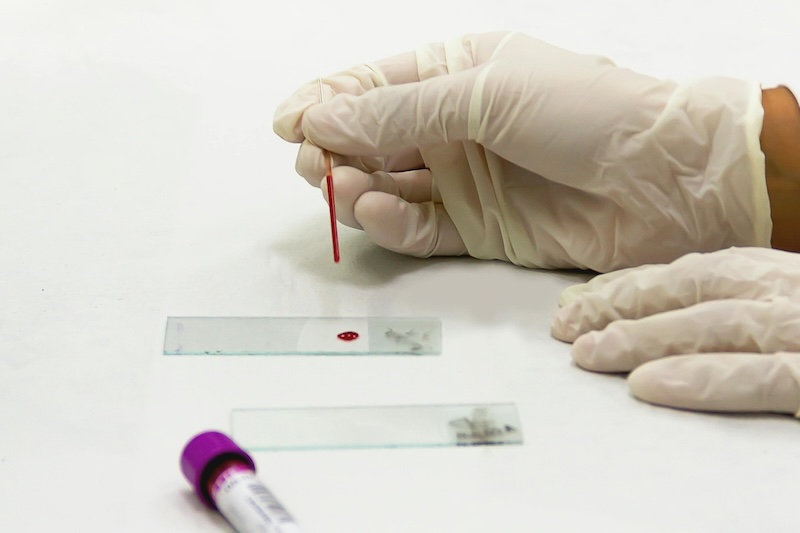Thank you for your newsletter. I have found the information immensely helpful and so needed! I’ve seen a lot of information recently about the promising benefits of HRT, but when discussing those instances where it is contraindicated, I tend to only see women who have a history of or high risk of breast cancer mentioned. I’m in my 40s and have Factor V Leiden (heterozygous), but have not had an issue with blood clots. I was tested in my 20s after my father had a TIA [transient ischemic attack, or “mini stroke”] (he was only 50 at the time). Is HRT contraindicated for women in my situation (heterozygous Factor V)? Is there any data that addresses if/how much additional risk might be associated with starting HRT for heterozygous carriers?
—Anonymous
Like birth control pills, hormone replacement therapy has been shown to increase the risk of blood clots for all women. In the general population this risk is small, and for most women the benefits of treating their perimenopausal symptoms outweighs the small risk of a blood clot.
However, the balance of risks and benefits shifts in women with a history of blood clots. Having previously had a blood clot is a contraindication to taking systemic HRT — that is, estrogen and/or progesterone as pills, gels, or patches. Vaginal estrogen is considered safe because it does not circulate in the blood at significant levels.

Testing family members for inherited clotting disorders like Factor V Leiden allows us to identify people at risk for blood clots before they have them and minimize that risk. At baseline, people with one mutated gene — heterozygous, like you — are 4 to 10 times as likely to have a blood clot as people without Factor V Leiden. People with two mutations are 50 to 100 times as likely to have a blood clot.
One way we recommend minimizing your risk of blood clots is by avoiding birth control pills and HRT. The way in which birth control pills and HRT increase the risk of blood clots is complex. The study above found that in women who were heterozygous for Factor V Leiden who took HRT, the incidence of clots was 5.8 to 15.2 per 1,000 patient years. This is about six times as high as the incidence of clots in women who do not have Factor V Leiden taking a placebo.
Just because you cannot take HRT does not mean that you have to suffer through perimenopause. There is one effective non-hormonal treatment for menopause symptoms on the market already — Veozah. And earlier this month, Bayer announced promising results of its Phase 3 clinical trials of a second non-hormonal treatment for menopause symptoms, called Elinzanetant.
The two drugs work similarly. Veozah binds to a receptor in the part of the brain that regulates body temperature and acts like estrogen at just that receptor. Elinzanetant binds to that receptor and a second receptor that impacts mood and sleep. Because these drugs don’t bind to other estrogen receptors throughout the body, they don’t have effects on clotting.
It is true that women with hereditary clotting disorders like Factor V Leiden should not take systemic HRT; they can use vaginal estrogen preparations. They can also use non-hormonal treatments like Veozah to manage hot flushes, night sweats, and sleep disruption.
Community Guidelines



















Log in